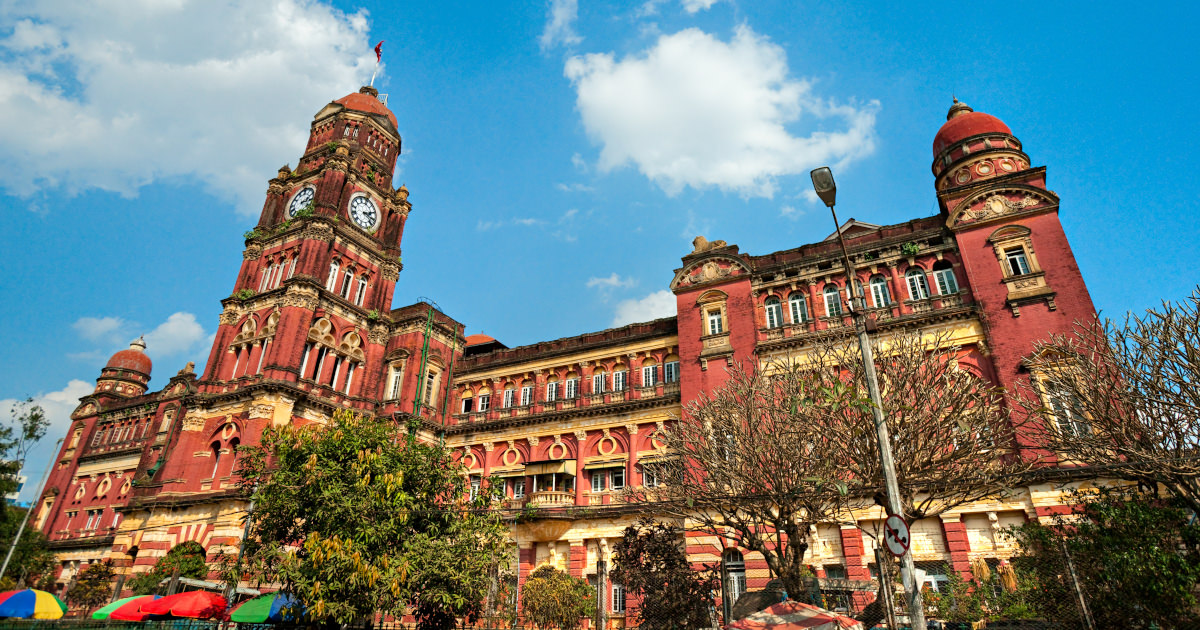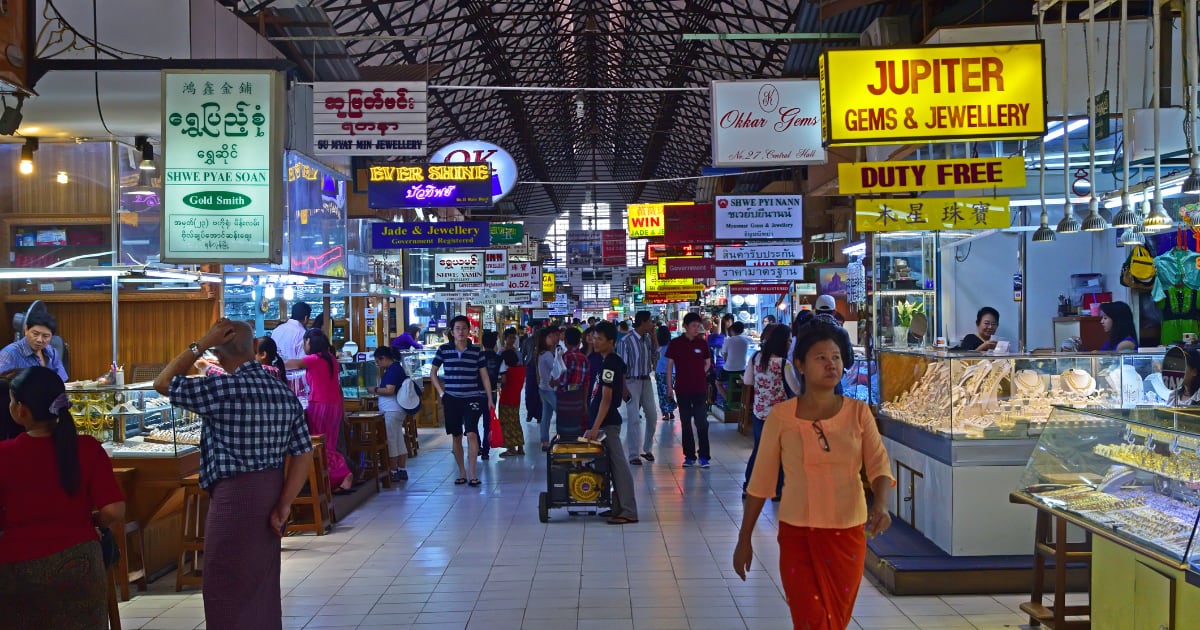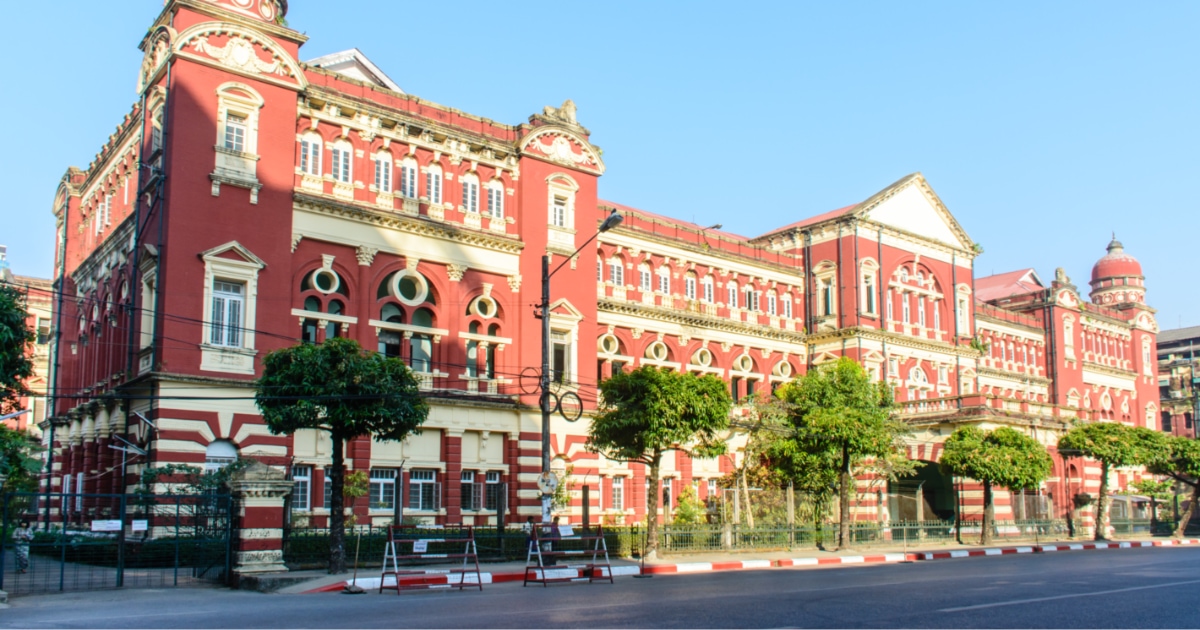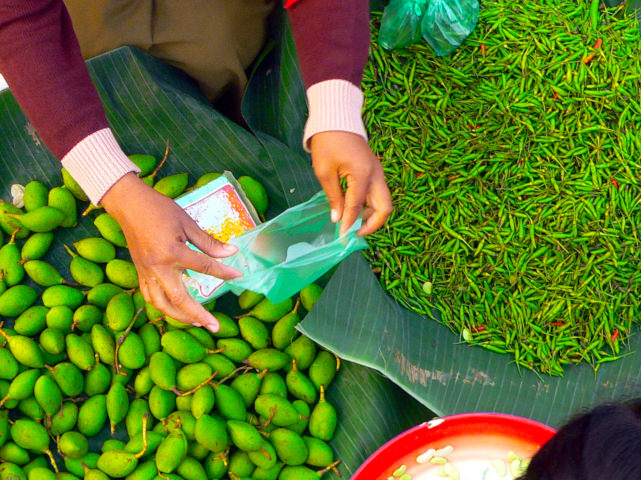
Myanmar Tax System
Corporate Income Tax (CIT)
According to Myanmar Income Tax Law, a company is recognized as a resident compay if it is formed under the Myanmar Companies Law 2017 (MCL) or any other applicable laws of Myanmar and the control, management and decision-making of the company are situated and exercised wholly in Myanmar. In addition, companies registered under the Myanmar Investment Law (MIL) and Special Economic Zone Law (SEZL) are treated as resident companies.
A company which is not formed under any of the above laws is recognized as a non-resident company. An overseas corporation (previously regarded as branch office or representative office) in Myanmar is also treated as a non-resident company.
Resident companies are taxed on their worldwide income where non-resident companies are taxed only on income accrued within Myanmar. Both resident and non-resident companies are liable to pay corporate income tax at a rate of 25% on total net profit before deduction on relief. However, resident companies registered under MIL and SEZL are taxed in accordance with the applicable income tax exemptions and reliefs on their investments.
Myanmar operates a one-tier corporate tax system. The taxable period of a company is the same as its financial year (income year), which is from 1 October to 30 September. Income earned during the financial year is assessed in the assessment year, which is the year following the financial year. Income tax returns must be filed within three months from the end of the income year, i.e. by 30 December after the end of the income year. Tax returns for capital gains must be filed within one month from the date of disposal of the capital assets. The date of disposal refers to the date of execution of the deed of disposal or the date of delivery of the capital assets, whichever is earlier.
Personal Income Tax (PIT)
The Myanmar citizens and foreigners who lived in Myanmar for at least 183 days are deemed as residents subject to the existing tax laws. Residents are taxed based on all Myanmar income source except on the salary income of non-resident citizens who are working abroad. Non-residents foreigners are taxed only on the income derived within Myanmar. The PIT rate on the residents and non-resident foreigners after deduction on exemptions and reliefs are as follows –
-
0% for taxable income MMK 0 – 2,000,000
-
5% for taxable income MMK 2,000,001 – 5,000,000
-
10% for taxable income MMK 5,000,001 – 10,000,000
-
15% for taxable income MMK 10,000,001 – 20,000,000
-
20% for taxable income MMK 20,000,001 – 30,000,000
-
25% for taxable income over MMK 30,000,000
Any individual who has received MMK 4.8 million of salary are exempted from taxation per year. Besides, the basis allowance is granted 20% as a relief for resident individuals, but the total of such basic relief must not be more than MMK 10 million of income within an income year.
Capital Gains Tax (CGT)
In Myanmar, capital gains are determined as income and fall within the scope of the Income Tax Law. Capital gains are taxable at a rate of 10% (where the value of capital assets disposed exceed MMK 10 million) for resident and non-resident taxpayers. The capital assets include land, building, vehicle, share, bond, securities or other similar documents.
Tax on disposals made by a non-resident foreigner, is to be paid in the same currency as the disposal or transfer transaction.
The CGT rate on the transfer of shares in oil and gas companies increases the amount of net profit earned on the transfer. The rates are as follows:
- 40% (net profit is less than USD100 m)
- 45% (net profit is between USD100 m – USD150 m)
- 50% (where net profit exceeds USD150 m)
Commercial Tax (CT)
The CT is imposed on goods produced in Myanmar, imported goods, trading and services apart from the list of goods and services listed as exemption under the Union Taxation Law.
The CT rate is generally 5% charged on goods, services and trading. 3% commercial tax and 2% commercial tax are levied on the sale of constructed building and the sale of gold and jewellery respectively. However, the CT will not be levied on goods, services and trading in the case of cooperative and private businesses if the total sale is up to MMK 50 million in a year. Even though the CT is not levied on them, producers, service providers and importers are liable to deduct money from the payment of their customers and consumers.
The CT is required for both resident and non-resident companies to register one month in advance before commencing businesses. After the CT registration, it can be paid to the relevant township revenue department, large taxpayers office or medium taxpayers o ffice.
The monthly CT payment must be paid within ten days after the end of the relevant month. In addition, a quarterly return must be sent to the relevant tax officer within one month after the end of relevant three-month.
Specific Goods Tax (SGT)
The SGT is imposed on the listed specific goods such as cigarettes, alcohols and beers, wines, cars, woods, industrial oils and natural gas that are imported, exported or manufactured in Myanmar. When it comes to taxable specific goods, importers, manufacturers or exporters are liable to pay tax in the case of importation, manufacture or exportation. If a person is in possession of specific goods that are untaxed, he is liable to pay SGT. apart from the specific goods that are exempted under the Union Taxation Law. The importer must pay SGT before specific goods are taken. As for manufacturers and exporters, they must pay SGT within 10 days after the end of the month in which specific goods are sold or manufactured and exported. In the case of possession of untaxed specific goods, the goods owner must pay SGT within 7 days after finding them. All companies that manufacture, import and export taxable specific goods in Myanmar must register at the relevant township revenue department in accordance with stipulations described in Specific Goods Law. In addition to the manufacturer or exporter must pay tax on taxable specific goods, they must send the relevant township tax officer a quarterly return within 10 days after the end of relevant three months.
Stamp Duty
The Myanmar Stamp Act 1899 (as amended from time to time) that prescribes stamp duty applicable on all chargeable instruments such as lease agreements, share transfer agreements, joint venture agreements and loan agreements. It also provides that if the instruments chargeable with stamp duty are executed outside the Union of Myanmar, it may be stamped within three months from receipt in Myanmar. If the instrument chargeable with stamp duty is not properly stamped, it is inadmissible as sound evidence before courts even though this does not affect the validity of relevant legal documents. In general, some of the common instruments are required to be stamped as follows –
- Duty payable on the sale of immovable property – 4% of the value of the sale
- Duty payable on the rental of immovable property (contract made between 1 and 3 years) – 0.5% of the value of the lease
- Duty payable on the rental of immovable property (contract made more than 3 years) – 2% of the value of the lease
- Duty payable on the sale or transfer of shares – 0.1% of the value of the transferred shares
- Duty payable on the bonds (including mortgage deeds) – 0.5% of the value of the bond
- Duty payable on joint venture agreements, production or profit sharing contract, construction agreements or other similar agreements – 1% of the value (maximum duty is MMK 150,000)
Property Tax
Immoveable property situated in Yangon is relevant with certain local property taxes such as general tax, lighting tax, water tax and conservancy tax.
Double Tax Agreements
In terms of international tax agreements, the Myanmar Income Tax Law provides that the government may enter into an agreement in which the matter of income tax is included with any foreign state or international organization. The terms and conditions of such agreement must be followed notwithstanding anything contained in any other provisions of the Income Tax Law. At present, Myanmar has concluded tax treaties with India, Malaysia, Singapore, Korea (Rep.), Thailand, United Kingdom, Vietnam and Laos. Also, there are double tax agreements with Indonesia and Bangladesh, which are required to be ratified.
Tax relief cannot automatically be obtained; that is to say, taxpayers need to claim tax treaty reliefs to internal revenue department through the relevant revenue office by submitting the certificate of residency, contracts and the other necessary documents.







